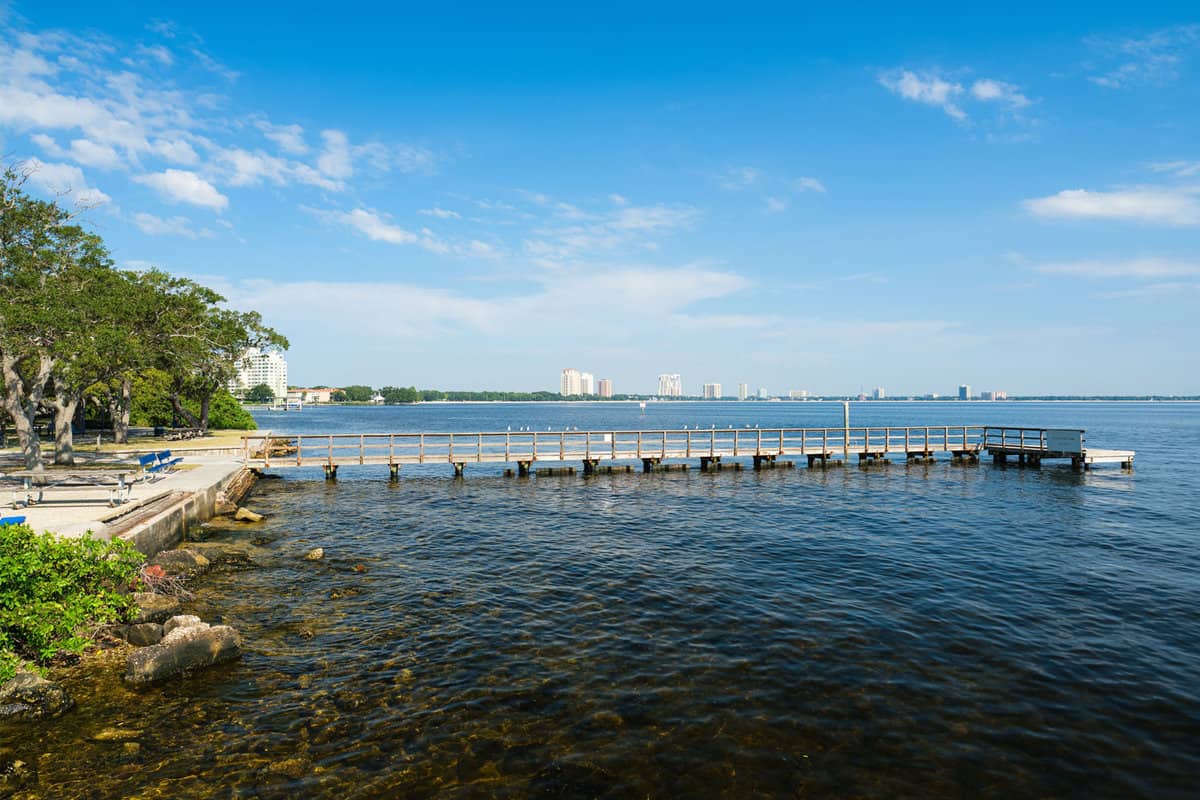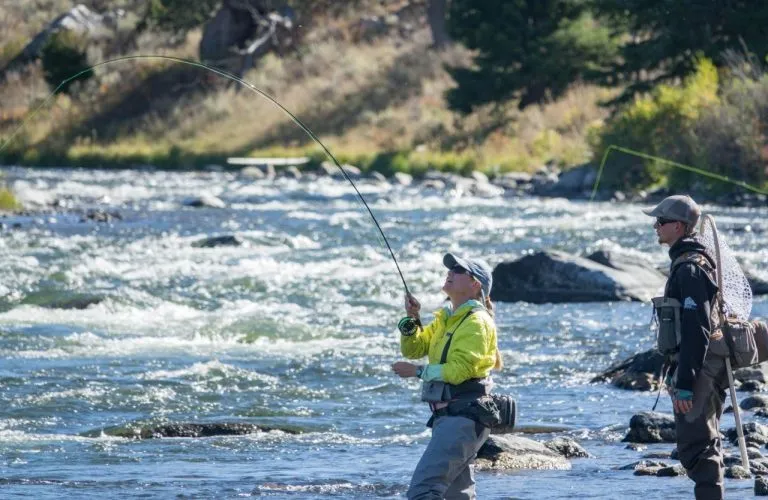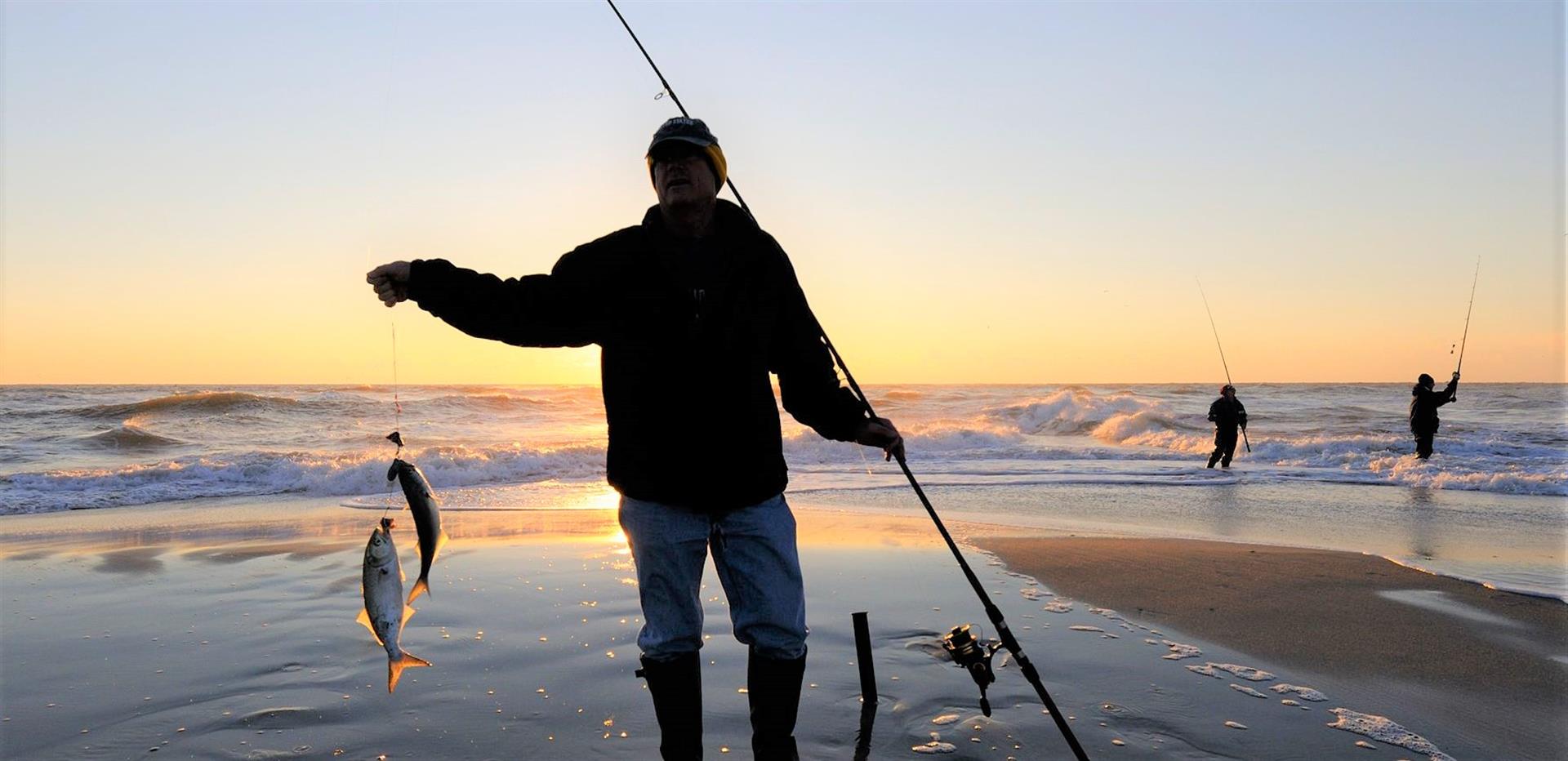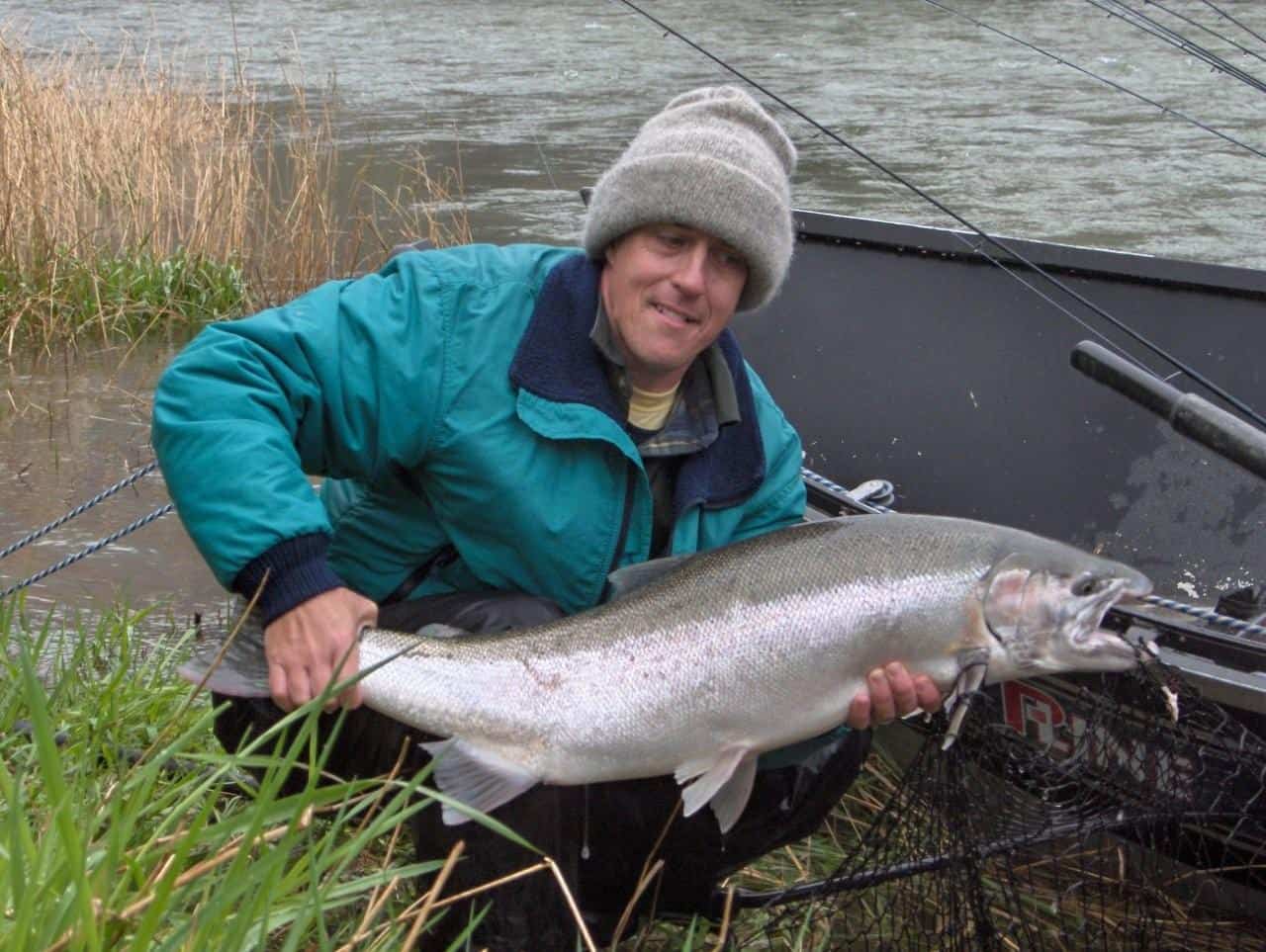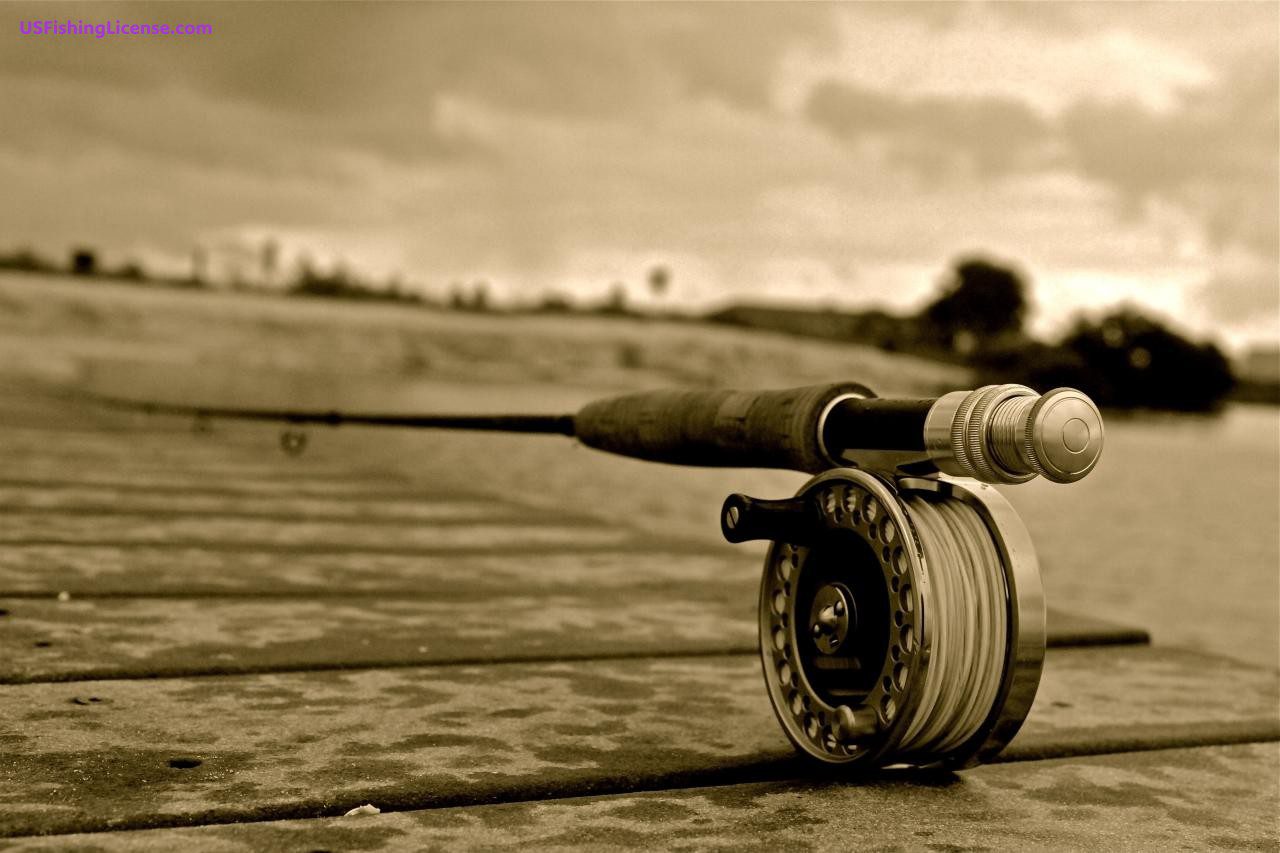Navigating fishing license requirements can be confusing, especially when deciding between pier fishing licenses and general fishing licenses. Many anglers are surprised to learn that in numerous states, fishing from a public pier often comes with different licensing requirements than fishing from other locations. Understanding these distinctions can save you money and help you avoid potential fines.
Key Differences Between Pier and General Fishing Licenses
The most significant difference between pier and general fishing licenses is the exemption status that many states grant to public pier fishing. In several states, anglers fishing from designated public piers may be exempt from purchasing individual fishing licenses altogether.
License Exemption Rules for Public Piers
In California, for example, you don’t need a sport fishing license when angling from a public pier in ocean waters. Similarly, Alabama allows residents to fish from licensed piers without purchasing their own saltwater fishing license. These exemptions can offer substantial savings, especially for occasional anglers.
However, not all piers qualify for these exemptions. A public pier typically must meet specific criteria:
- Be connected to the mainland or a charted natural island above mean high tide
- Offer unrestricted free access to the general public
- Be built primarily for angling access to ocean waters
It’s important to note that these exemptions do not apply to private piers or other structures like jetties or breakwaters that don’t meet the official definition of a public pier.
Cost Comparison: Pier vs. General Fishing Licenses
The financial difference between pier and general fishing licenses can be substantial, making it worth understanding which option is best for your situation.
| State | Pier License Required? | General License Cost (Resident) | General License Cost (Non-Resident) |
|---|---|---|---|
| Alabama | No* | $14-$28 | $53-$63 |
| California | No† | $58-$145 | $145.80+ |
| South Dakota | Yes‡ | $28-$32 | $68 |
| Florida | No | $17 | $47 |
*Alabama requires pier operators to hold a $1,000 annual license, not individual anglers.
†California exempts pier anglers but requires report cards for certain species.
‡South Dakota requires licenses unless exempt by age or landownership.
As this table demonstrates, the cost savings can be significant if you primarily fish from public piers in states with exemptions. For instance, in California, you could save at least $58 by fishing exclusively from public piers rather than purchasing a general license.
State-Specific Pier Fishing Regulations
California
California provides one of the clearest exemptions for pier fishing. According to the California Department of Fish and Wildlife, “A sport fishing license is not required to take fish for any purpose other than profit by means of angling from a public pier in the ocean waters of the state”. However, you still need a Sturgeon Fishing Report Card to take sturgeon and a Spiny Lobster Report Card for lobster, even when fishing from a public pier.
For more details on California fishing licenses, visit US Fishing Licenses – California.
Alabama
Alabama has a unique approach to pier fishing licenses. Rather than requiring individual anglers to purchase licenses, the state requires pier operators to hold a $1,000 annual public fishing pier license. This arrangement allows residents to fish from these licensed piers without purchasing their own saltwater fishing licenses.
The Alabama Code specifically states: “A resident of the State of Alabama may fish from a licensed public fishing pier in the inside waters of the State of Alabama without purchasing a fishing license”.
Learn more about Alabama fishing regulations at US Fishing Licenses – Alabama.
South Dakota
Unlike California and Alabama, South Dakota generally requires fishing licenses regardless of location. According to South Dakota’s fishing handbook, “A fishing license is needed to take fish, turtles, bullfrogs or bait”. However, they do offer exemptions based on age and land ownership rather than fishing location.
For South Dakota fishing license information, check US Fishing Licenses – Licenses Cost.
Special Considerations and Requirements
Additional Permits and Report Cards
Even in states with pier fishing exemptions, you may still need special permits or report cards for certain species. For example:
- In California, sturgeon and spiny lobster report cards are required even when fishing from exempt piers
- Many states require separate permits for trout, salmon, or other specialty fishing
- Some states distinguish between freshwater and saltwater fishing requirements
License Duration and Validity
Many states now offer innovative license options that can provide additional value:
- Multi-year licenses have been shown to positively affect fishing participation rates in states that offer them
- 365-day licenses (valid for one year from purchase date rather than expiring at the end of a calendar year) have increased participation in states like Arizona
- Short-term licenses (1-day, 2-day, or 10-day) can be cost-effective for visitors or occasional anglers
Do I need a license if I’m only doing catch-and-release fishing from a pier?
In states with pier exemptions like California, you generally don’t need a license for catch-and-release fishing from public piers. However, in states without such exemptions, like South Dakota, you would still need a license even for catch-and-release fishing.
Can children fish from piers without a license?
Most states exempt young anglers from license requirements regardless of location. For instance, in South Dakota, “Residents under age 18 do not need a license to fish and can take their own limits”. Always check age requirements for your specific state.
What are the penalties for fishing without the proper license?
Penalties vary by state but typically involve fines starting at $50 and potentially increasing to $500 or more for repeat offenses. Some violations can even result in misdemeanor charges. Given these risks, it’s always better to understand and comply with local regulations.
Benefits of Proper Licensing
While exemptions can save money, purchasing a general fishing license offers several advantages:
- Conservation support: License fees fund conservation efforts, habitat restoration, and fish stocking programs
- Flexibility: A general license allows you to fish in multiple locations, not just from piers
- Peace of mind: You won’t need to worry about whether a particular structure qualifies as an exempt pier
According to a report analyzing state fishing license sales trends, license fees are crucial for funding conservation efforts and managing fishery resources. When you purchase a license, you’re directly contributing to the preservation of fishing opportunities.
How to Verify Pier Status and Requirements
To ensure you’re complying with local regulations when pier fishing:
- Check with state agencies: Visit your state’s fish and wildlife department website
- Look for posted signs: Licensed piers typically display their status and any special regulations
- Contact pier operators: When in doubt, ask the management about license requirements
- Consult fishing apps: Many fishing apps now include up-to-date licensing information
For comprehensive information about fishing licenses across all states, visit US Fishing Licenses.
Conclusion: Making the Right Choice for Your Fishing Needs
Understanding the distinction between pier fishing licenses and general fishing licenses can help you make informed decisions about which option best suits your needs. If you primarily fish from public piers in states with exemptions, you may be able to save money by taking advantage of these provisions. However, if you enjoy fishing in various locations, a general license offers greater flexibility and peace of mind.
Remember that regulations change frequently, so always verify current requirements before heading out to fish. By staying informed and properly licensed, you’ll contribute to conservation efforts and enjoy your fishing experience without worry.
For state-specific information about fishing licenses and regulations, visit US Fishing Licenses or consult your state’s fish and wildlife agency directly.


